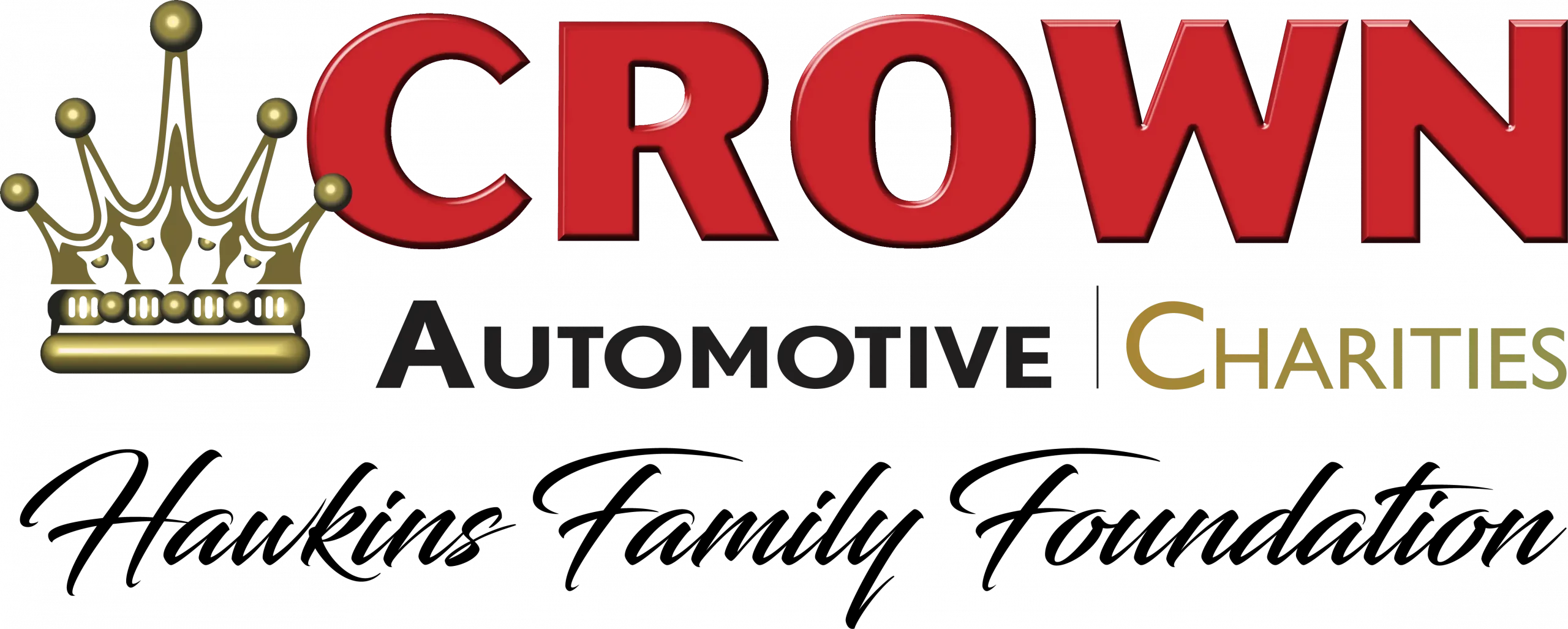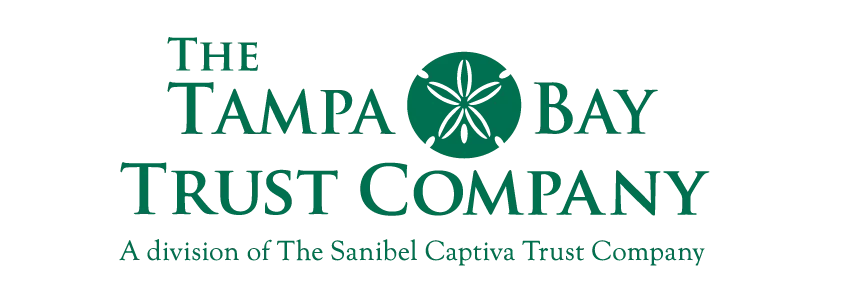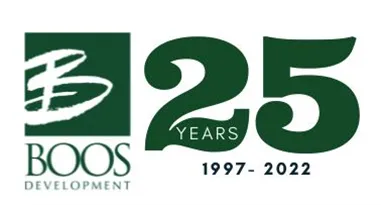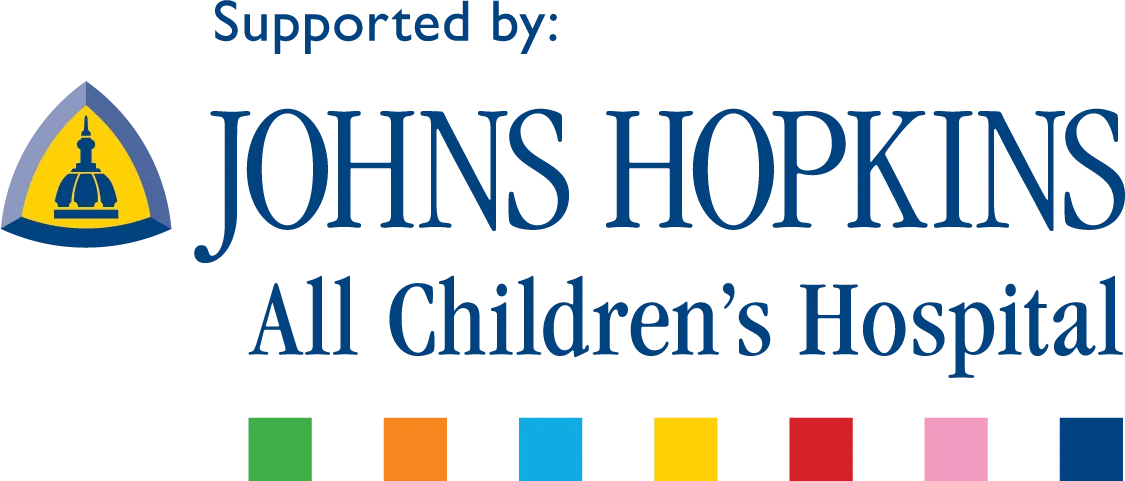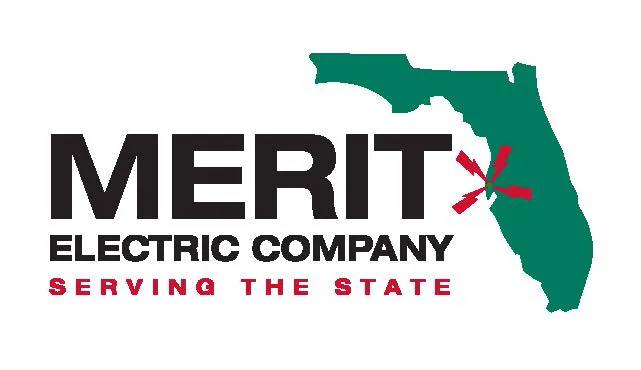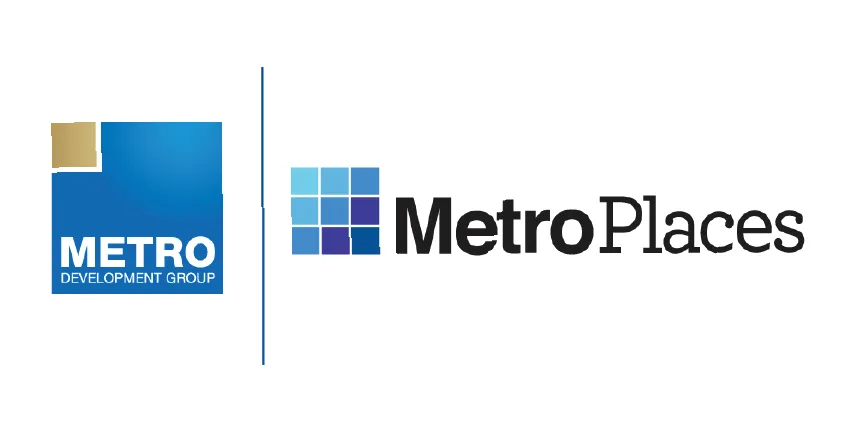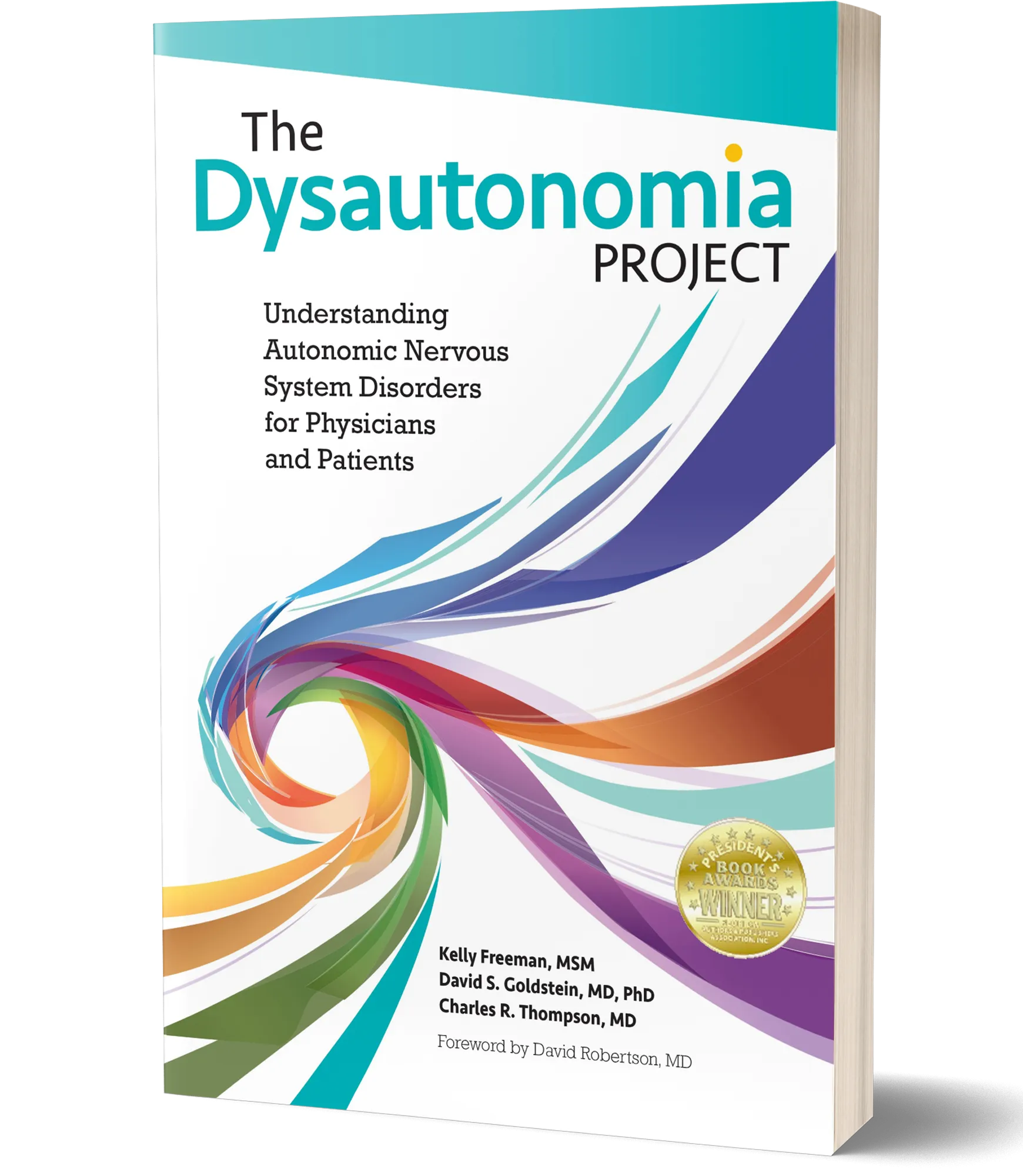Resources
&
Patient
Support
“If you want to go fast, go alone. If you want to go far, go together.”
-African Proverb
Resources from The Dysautonomia Project Book
Dysautonomia Awareness Organizations
These are organizations with which TDP works or collaborates.
American Autonomic Society (AAS)
Dysautonomia Support Network (DSN)
Dysautonomia Information Network (DINET)
Hope for Defeating Dysautonomia
*If you would like your group added to this list, please send an email to info@dysproject.org
Facebook Groups
These are private Facebook groups and have not been vetted by TDP. Regarding medical advice found in support groups: TDP recognizes the value of dysautonomia support groups for patients dealing with this chronic illness. Before following medical advice or treatment options presented in these groups, patients should discuss them with their provider. (The number of followers may vary.)
The Dysautonomia Support Group 19k
Dysautonomia Support Group 785
Autonomic Dysfunction Group 4.4k
Dysautonomia: All We Know so Far 9.3k
Dysautonomia and Disney 2.1k
Autonomic Dysfunction Support Group 701
Dysautonomia Connection 17k
Athletes with Dysautonomia 1.1k
POTS Syndrome Dysautonomia Group 13k
Dysautonomia Support Network—SE Regional Community 981
Dysautonomia Support Network—Caregivers Community 900
Autoimmune with Autonomic Dysfunction (Autoimmune Dysautonomia) 3.4k
Michigan Friends with Dysautonomia and POTS 1.1k
POTS/Dysautonomia with Depression/Anxiety Support Group 1.9k
POTs EDS Dysautonomia Awareness Education and Support 5.7k
People with Dysautonomia and Ehlers Danlos Syndromes Support 3.2k
POTS and Dysautonomia Support 1.1k
Teens with Dysautonomia 499
Dysautonomia: Postural Orthostatic Tachycardia Syndrome (POTS) Group 5.3k
Dysautonomia Support Group for Age 50+ 187
POTS (Dysautonomia) and Invisible Illness WORLDWIDE 4k
Dysautonomia Support Network—Global Community 1.4k
Other Relevant Organizations
The Ehlers-Danlos Society
Naughty Little Mast Cells
https://www.naughtylittlemastcells.com/
The Mast Cell Disease Society
TDP Online Education
Free online education is at the heart of our mission. As TDP grows, so does our library of online articles and video courses for providers and patients.
TDP Patient Education Center
This resource includes articles and videos discussing topics that fall under these categories:
TDP Provider Courses
Providers can access courses taught by leading experts in autonomic medicine and apply that knowledge to diagnosing and treating patients with autonomic disorders. Patients have access to information about diagnosing, treating, and living with autonomic disorders, which empowers them to manage and advocate for their own healthcare. This includes a one-hour patient education course.
Patient Support and Assistance
School
Most schools have a system in place to help students who have special needs by creating an Individualized Education Program (IEP). It may be helpful if students with dysautonomia create an IEP with their school administration for handling schoolwork and other school activities when symptoms interfere with school.
To learn more about creating an IEP visit https://www.parentcenterhub.org/pa12/
Work
Depending on your dysautonomia you may or may not be able to work. If you are able to work, it is helpful to think through special accommodations you may need to help you be successful in your work. Some with more severe symptoms may require many accommodations while others may not require any at all. It is helpful to discuss with your doctor and also discuss with your employer.
To learn about reasonable accommodations in the workplace visit https://adata.org/factsheet/reasonable-accommodations-workplace
To learn more about creating an IEP visit https://www.parentcenterhub.org/pa12/
Financial
Applying for Disability or Financially Assistance
The process of applying for disability or financial assistance can seem overwhelming. It is often helpful to have a friend or family member help when beginning the application process. Two keys to completing the applications are very helpful:
- Make sure to complete every question on the application in full. If an answer is left blank, it is easy for the assisting organization to deny the claim.
- Give specific and detailed examples of the need for assistance.
For example, instead of saying, “needs help walking.” Clarify with specifics such as, “I use a seat cane when walking short distances of 50 ft. or less and I use a wheelchair that is pushed by a family member when needing to go 100 ft or more.”
In some cases, the initial application is denied. We encourage individuals who need assistance to respectfully appeal the initial decision and include more specific examples which demonstrate the true need for assistance.
National Financial Resource Directory
https://www.patientadvocate.org/explore-our-resources/national-financial-resource-directory/
To learn more about creating an IEP visit https://www.parentcenterhub.org/pa12/
Hotlines
Suicide and Crisis Lifeline
Dial: 988
Crisis Center of Tampa Bay
Dial 211
Suicide Prevention UK
https://www.spuk.org.uk/national-suicide-prevention-helpline-uk/
Patient Clinical Trials Opportunities
ClinicalTrials.gov is a place to learn about clinical studies from around the world.
Electrolyte Supplements
Banana Bag Oral Solutions
https://www.bananabagdrink.com
Liquid IV
Normalyte – Use code DYSAUTO30 for 30% off all purchases!
Nunn Tablets
Vitassium (SaltStick)
Https://saltstick.com/pages/vitassium
Join the Vitassium Club – a savings program that offers a 20% discount

